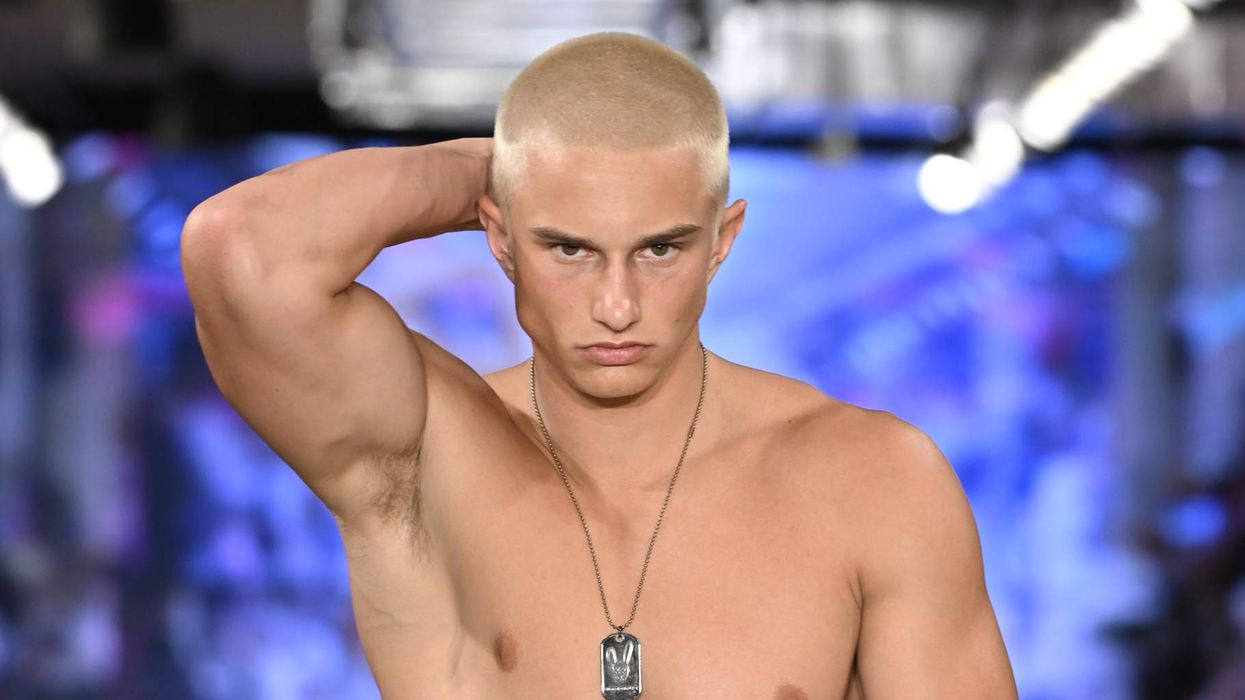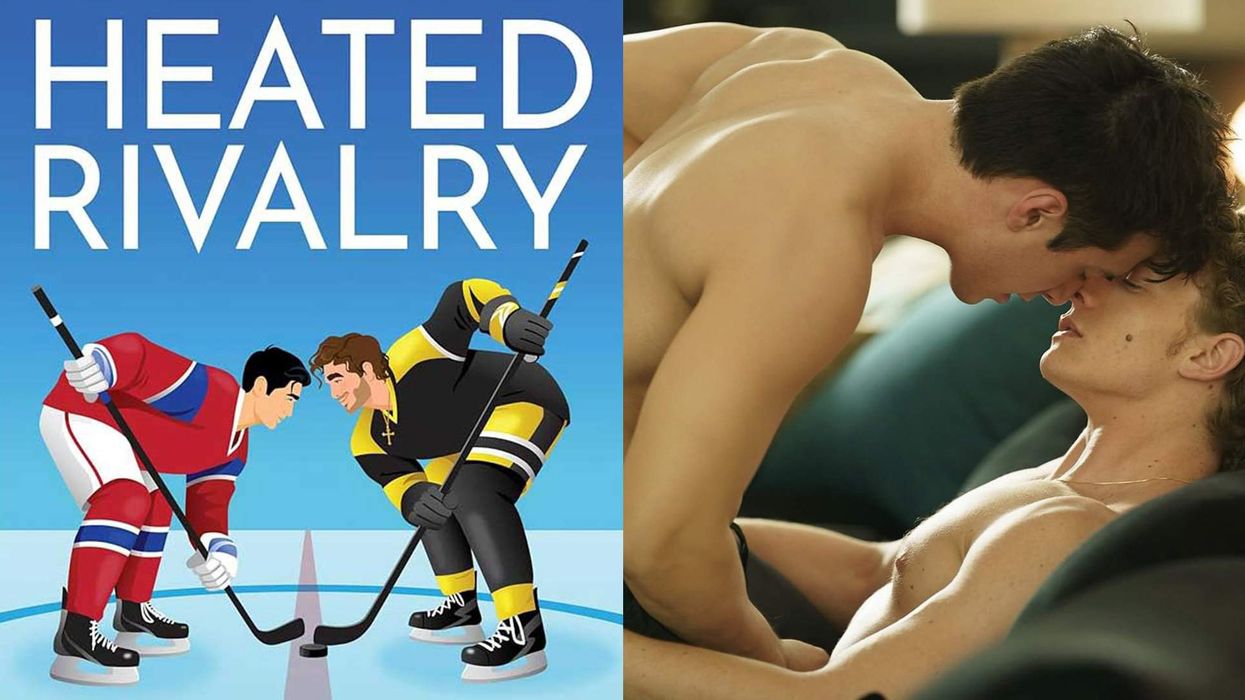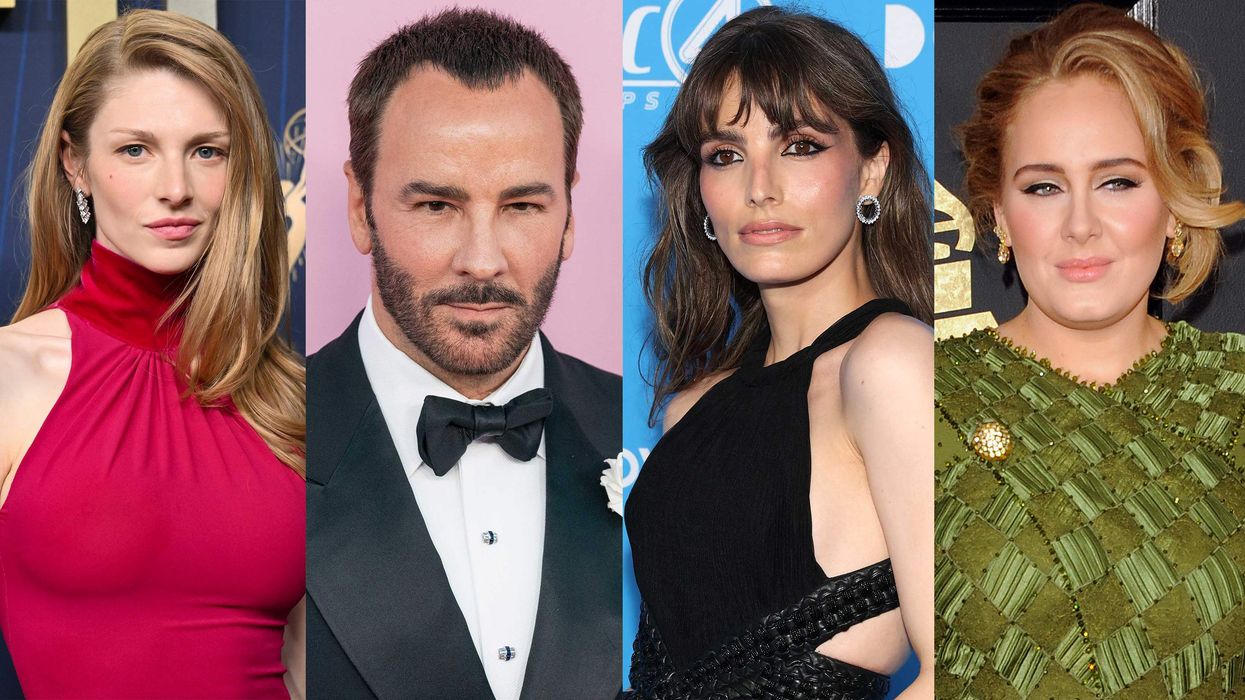When audiences and film critics first got wind of Allure a few months ago, many were intrigued by the idea of a film exploring the darker sides of human nature and female sexuality. Its trailer gave us a peek into a story of mental illness, sexual aggression and exploration, and the dangers of losing oneself in another person. At very first glance, Allure seems as fascinating as it is perverse, almost like a deep dive into the human psyche and what that can reveal about the different facets of romantic love and sexuality. But upon further viewing, Allure truly is nothing more than a cheap, hour and a half long escape from whatever your mind happens to be occupied with at that particular moment in time.
The film stars Evan Rachel Wood as Laura, a troubled 30-something desperately looking for love in all the wrong places. At various points in the film, we see her engaging in rough sex with random men, only to be physically hurt and emotionally discarded after each encounter. Her father (Denis O’Hare), who runs the cleaning business Laura works for, keeps close tabs on his daughter, but even he can't protect her from the danger she's about to get herself into.
One day, while on a cleaning job, Laura finds herself intrigued by a teenage girl named Eva (Julia Sarah Strong). Eva is everything Laura isn't and cannot be: youthful, pure, musically inclined, whole. And Laura seems dead set on consuming the girl, on taking Eva’s wholeness in order to fill her own voids. As expected, the coming together of these two characters is disastrous. Eva quickly learns that Laura isn't at all who she pretends to be. Instead, she’s angry, violent, overtly sexual, and always living on the edge.
It’s a tale (and trope) as old as time, really: an older queer taking advantage of a young and unsuspecting innocent. Aren’t we over these stories already?
One of the biggest problems with Allure as a whole is that it conflates mental illness with overt or aggressive sexuality. While it's true that certain mental illnesses do cause people to engage in risky sexual acts, this hardly seems like something we want to see in a film touting its queerness as the main draw for audiences. Additionally, that Laura takes full advantage of Eva's youth and vulnerability is another sore point in the film. So much of our media suffers from the predatory lesbian trope and, again, we hardly need to see that here to understand the severity of Laura's issues.
In total, it’s obvious—at least to me—that the film could have unfolded differently had it been less concerned with exploring sexuality and more focused on understanding the roots of mental illness and risky behaviors. There are many ways to tell a single story and we, as viewers, should not blindly accept what's in front of us just because it ventures into queer territory.
Storyline aside, the performances in the film are pretty solid. Evan Rachel Wood, Denis O’Hare, and Julia Sarah Strong each do their part to make the story gritty and real. You truly get the sense that these characters are teetering on the edge of a never-ending abyss and that Wood’s Laura will be the one to push them over.
But performances aren’t enough to redeem Allure. Audiences deserve better. We deserve real, honest narratives that don't use queerness as a crutch to sell a storyline. We deserve films that depict life as it is for us—beautiful, limitless, and full of love—not as filmmakers think we should be seen.
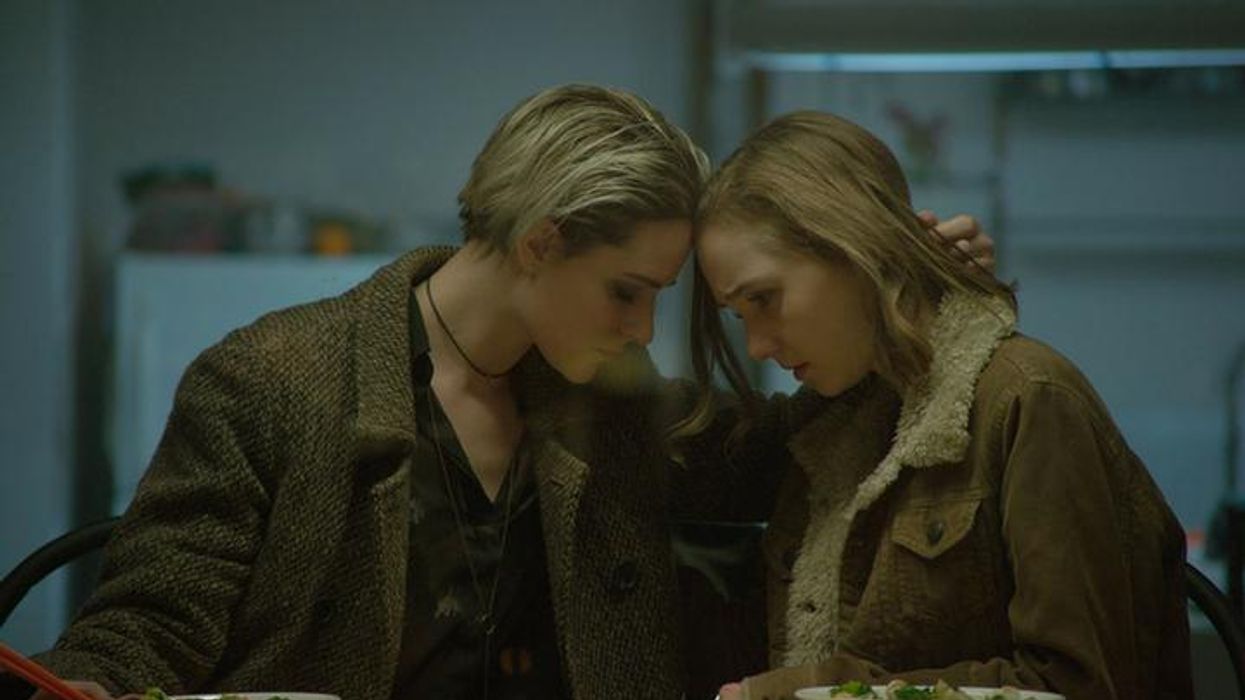





















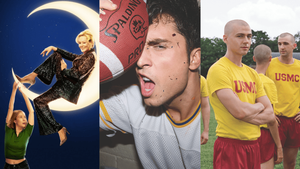























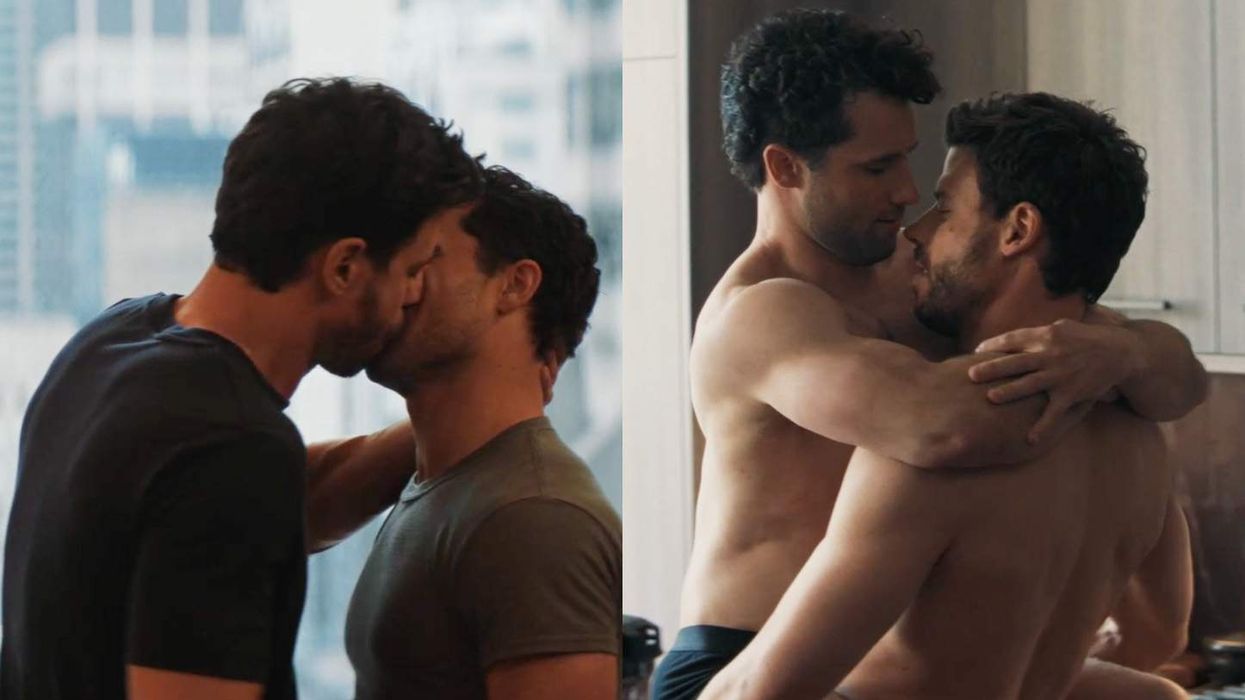


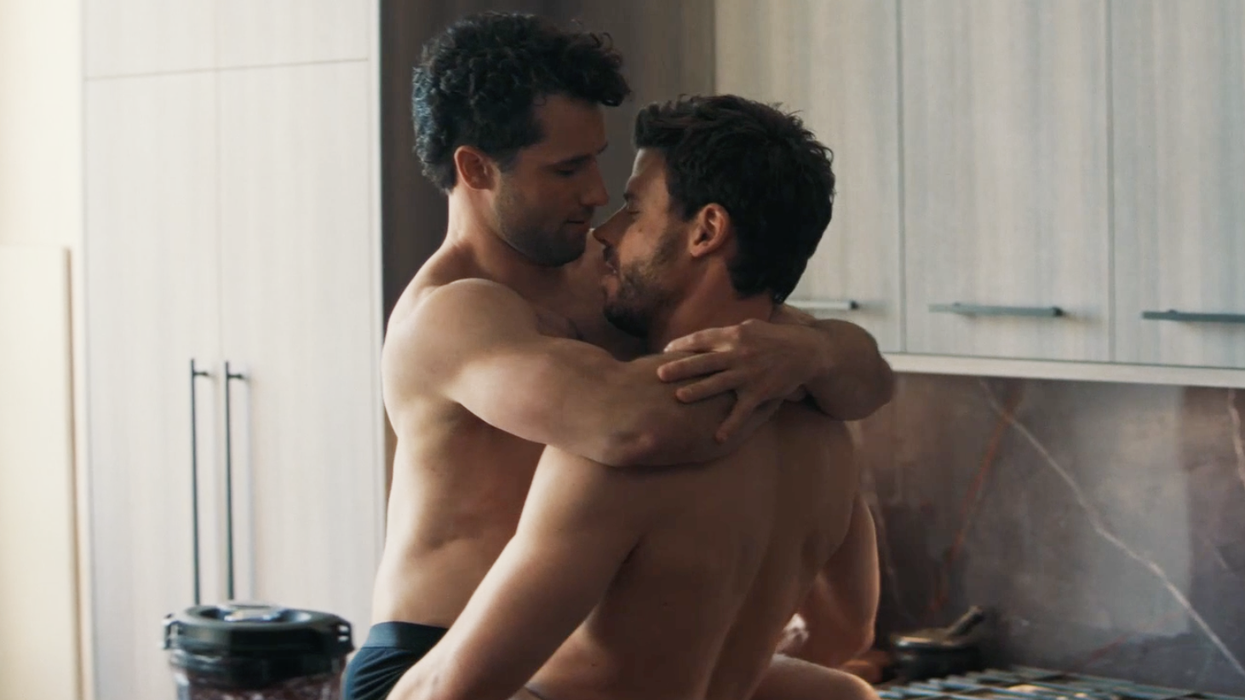
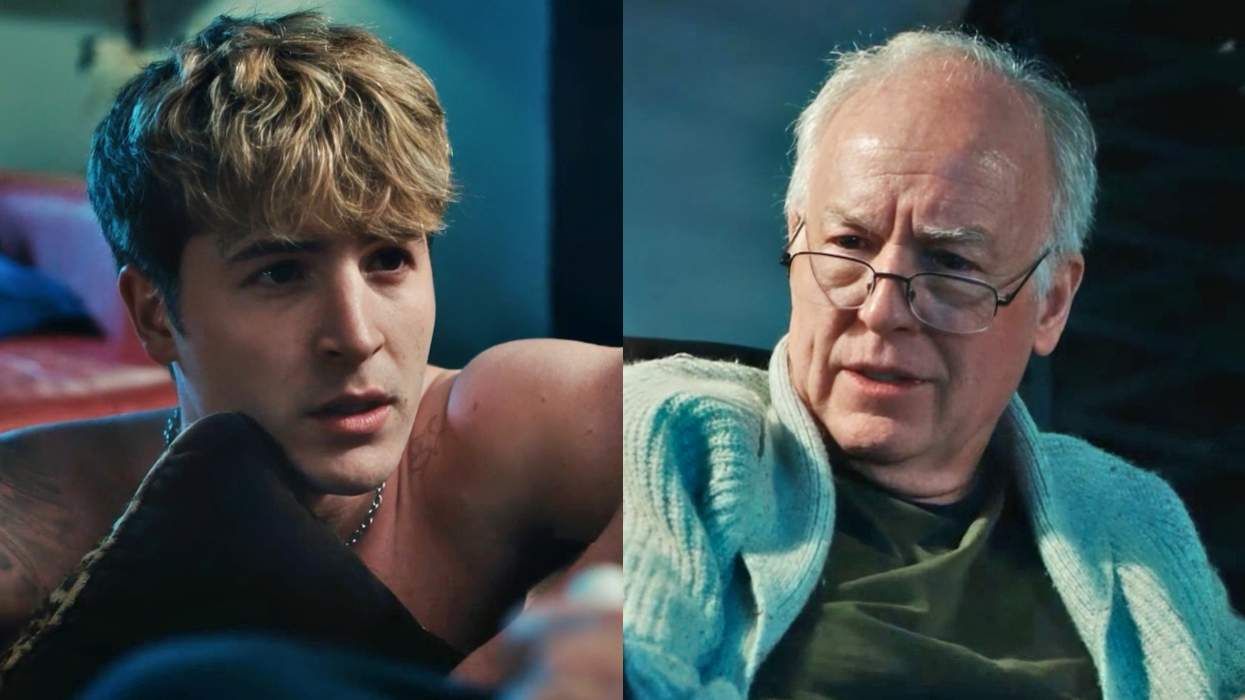
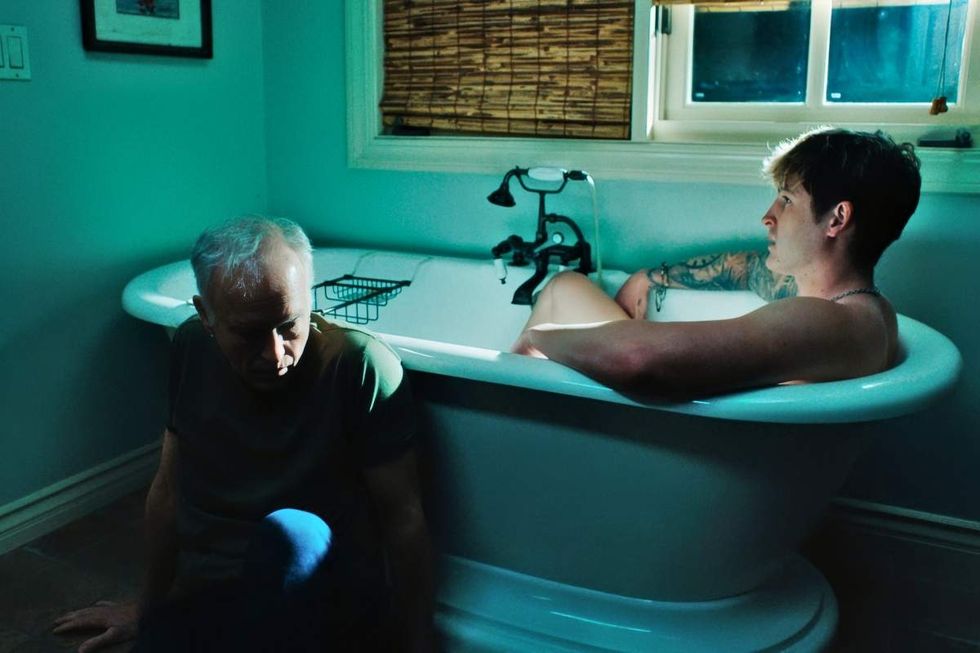 Reed Birney as Hank Grant and Kieron Moore as Aaron Eagle in Blue Film.Fusion Entertainment
Reed Birney as Hank Grant and Kieron Moore as Aaron Eagle in Blue Film.Fusion Entertainment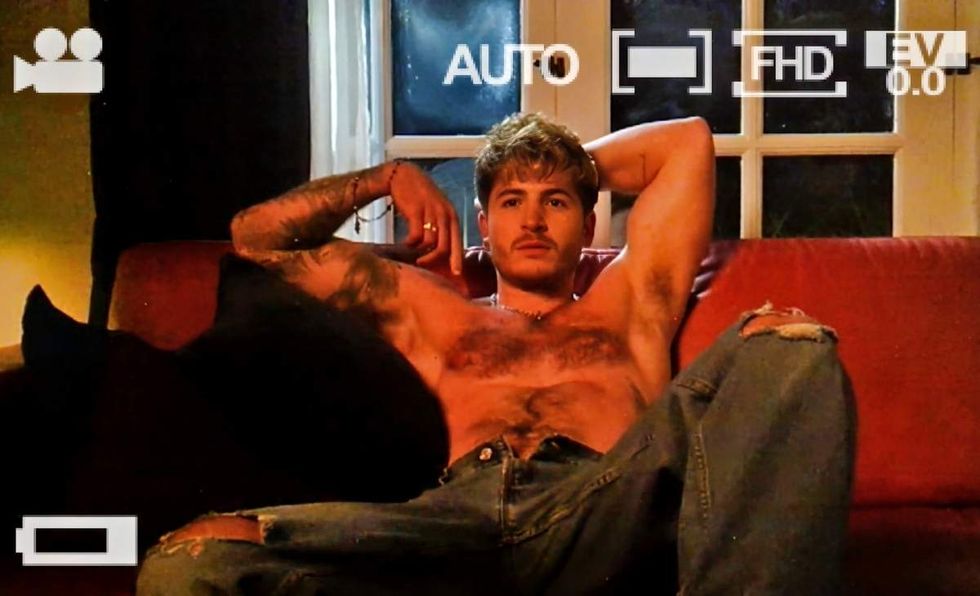 Kieron Moore as Aaron Eagle in Blue Film. Fusion Entertainment
Kieron Moore as Aaron Eagle in Blue Film. Fusion Entertainment 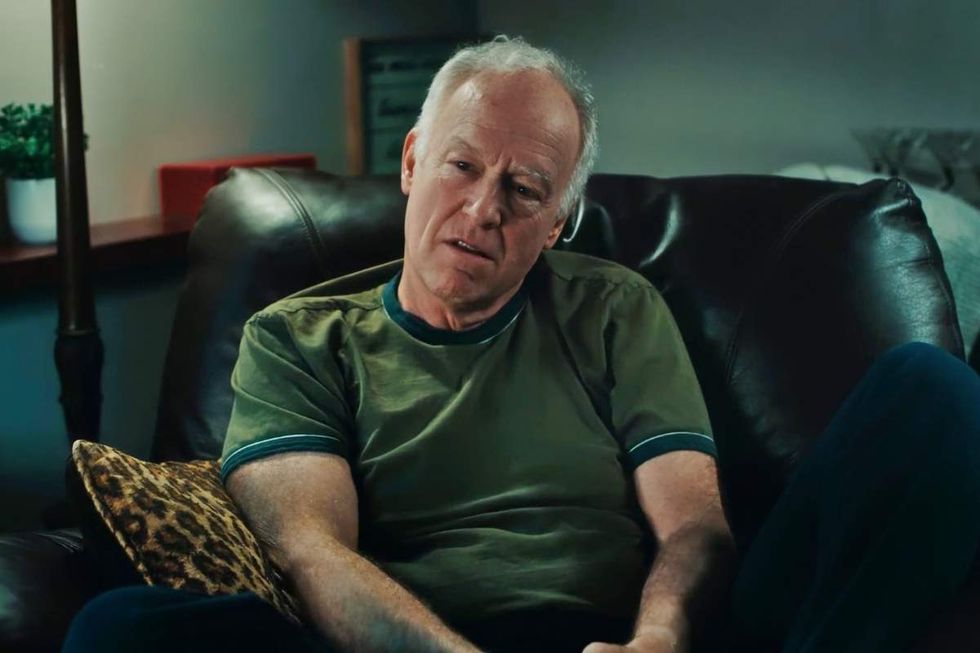 Reed Birney as Hank Grant in Blue Film.Fusion Entertainment
Reed Birney as Hank Grant in Blue Film.Fusion Entertainment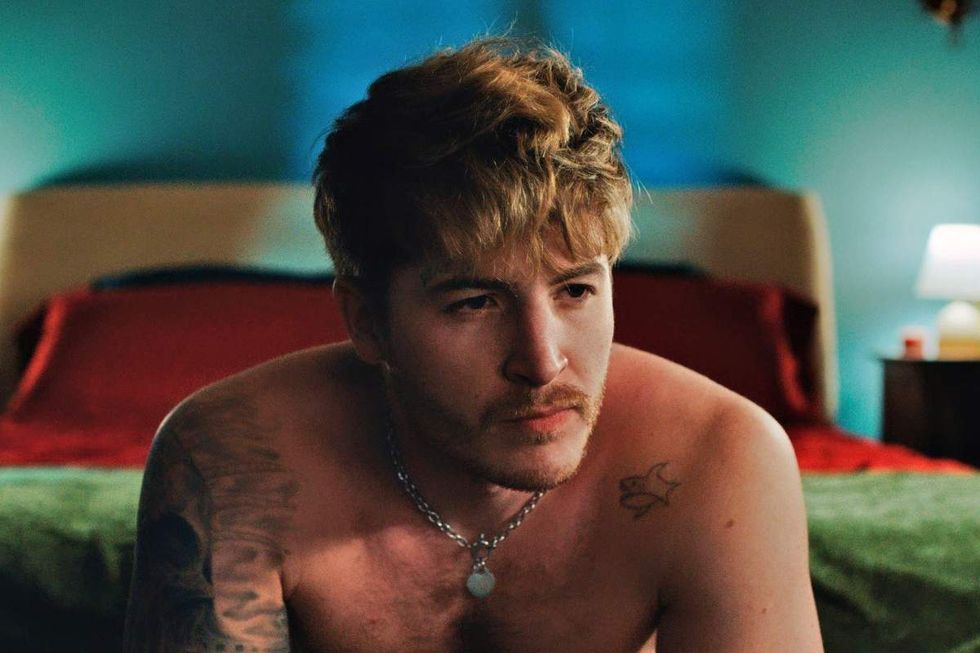 Kieron Moore as Aaron Eagle in Blue Film. Fusion Entertainment
Kieron Moore as Aaron Eagle in Blue Film. Fusion Entertainment 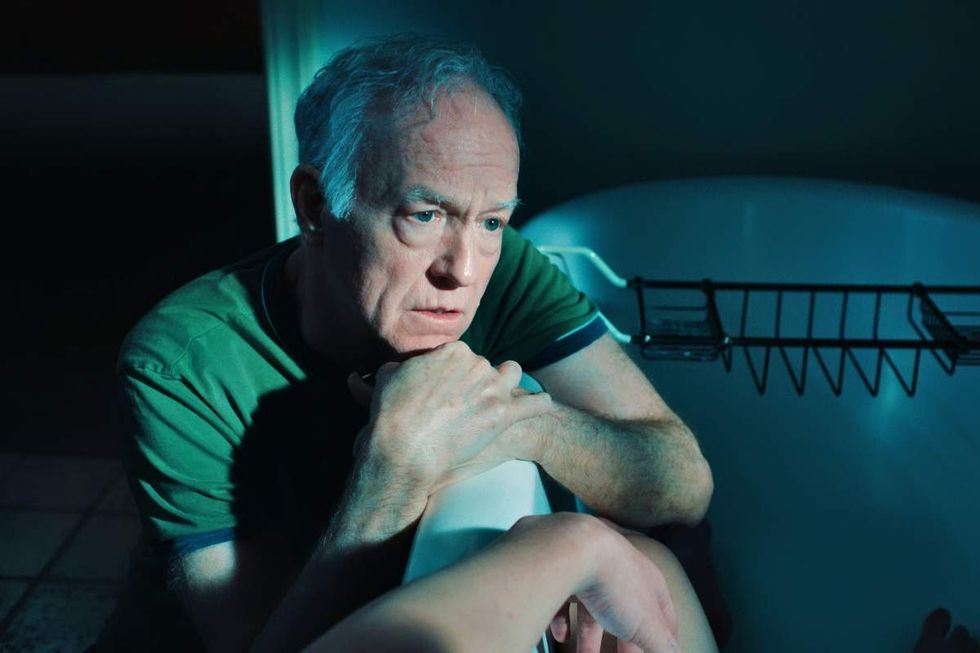 Reed Birney as Hank Grant in Blue Film.Fusion Entertainment
Reed Birney as Hank Grant in Blue Film.Fusion Entertainment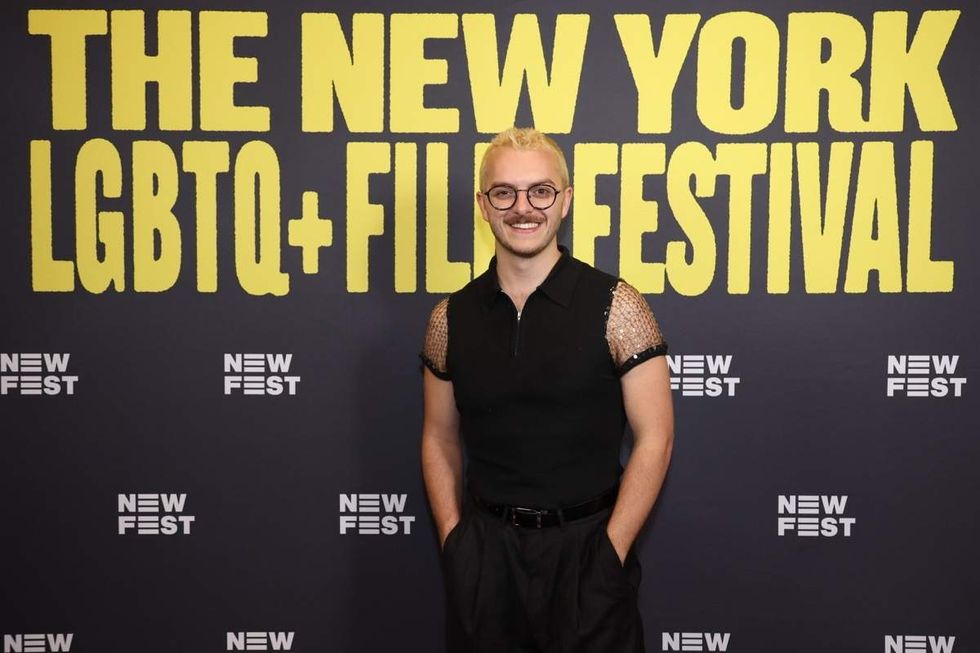 Director Elliot Tuttle at the premiere of Blue Film at 2025 NewFest at SVA Theater in New York City.Rob Kim/Getty Images
Director Elliot Tuttle at the premiere of Blue Film at 2025 NewFest at SVA Theater in New York City.Rob Kim/Getty Images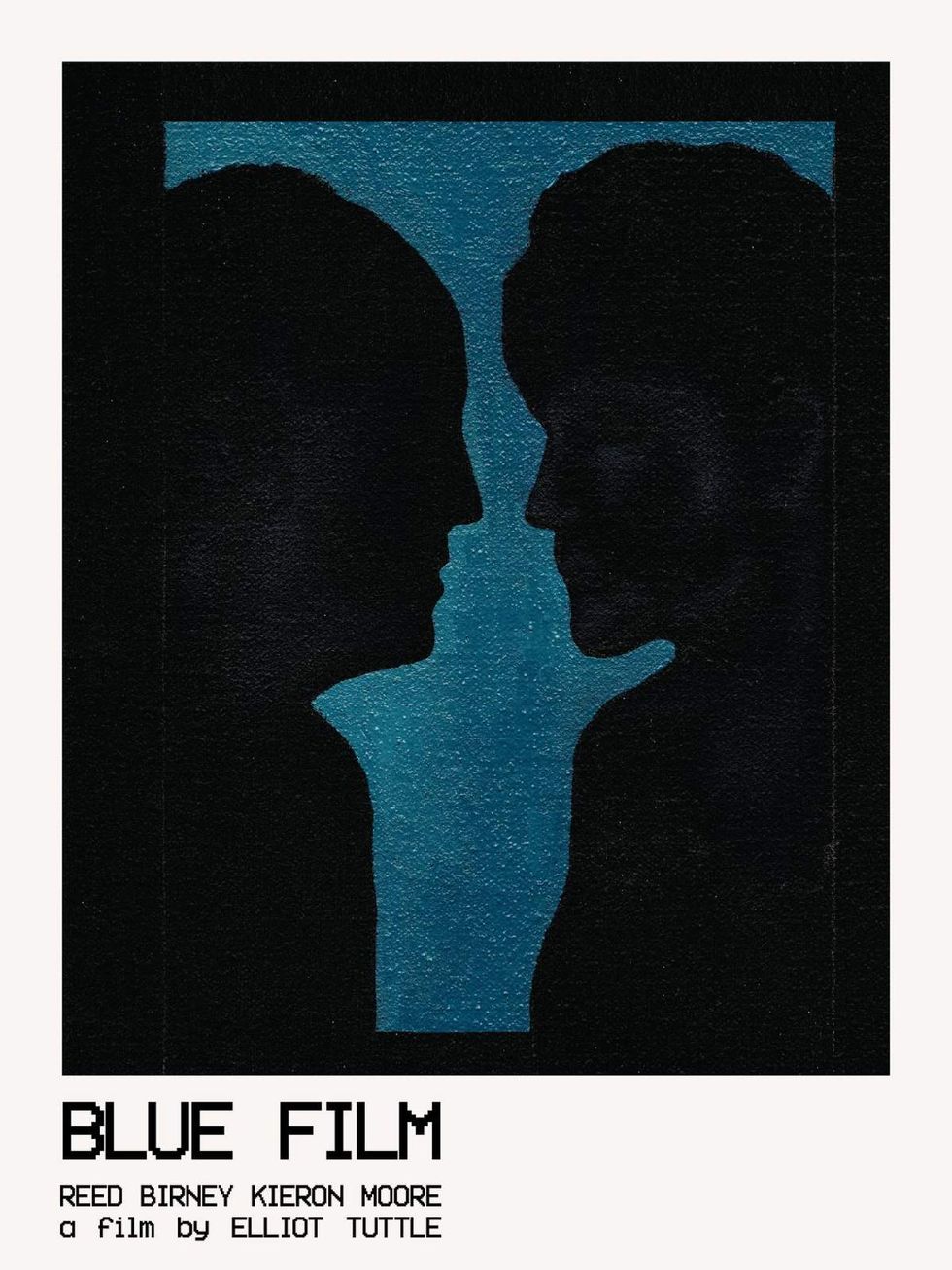 The official poster for Blue Film.
The official poster for Blue Film.

